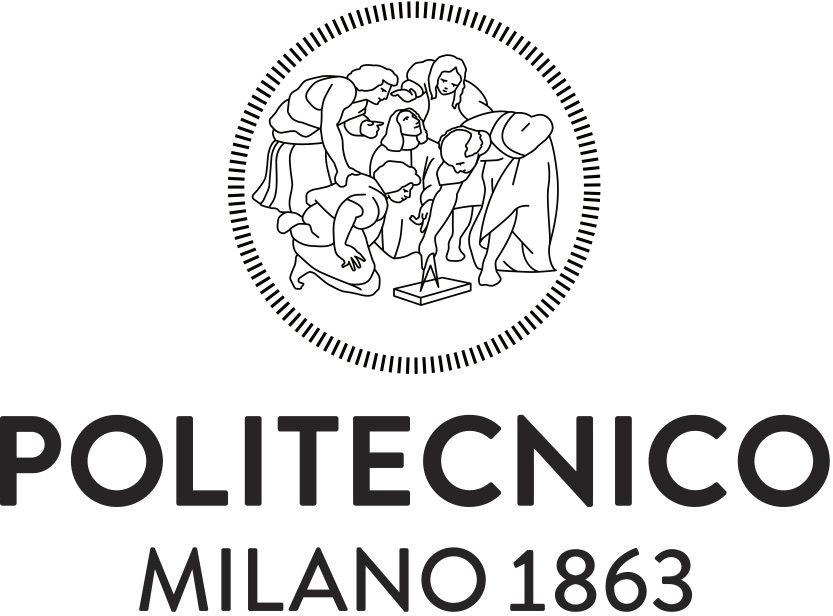IFML 1.0 is finally published! The OMG released the official 1.0 version of the new standard in March 2015. It took several years of research, discussions and validation, but here we are with the standard specification. The specification document can be downloaded for free at: http://www.omg.org/spec/IFML/ Here is Emanuele ready for the presentation given at … Continue reading Here we are: IFML 1.0 published by the OMG officially
Tag: UI
Keynote speech on User Interaction Modeling at Modelsward 2015 in Angers
On February 10, 2015 I gave a keynote at Modelsward in Angers, France. The speech focuses on the modeling of software UIs through graphical domain-specific languages and in particular shows the new standard adopted by OMG called IFML (Interaction Flow Modeling Language) at work. My presentation illustrates the basic concepts of IFML, presents the design … Continue reading Keynote speech on User Interaction Modeling at Modelsward 2015 in Angers
The IFML book – OMG’s Interaction Flow Modeling Language explained
After almost one year of work, the result of our efforts finally came to light in late December 2014. Since it was almost Christmas time, we decided to wait 2014 for the launch. But now, here we are. OMG Press and Morgan Kauffman published our book: Interaction Flow Modeling Language: Model-Driven UI Engineering of Web … Continue reading The IFML book – OMG’s Interaction Flow Modeling Language explained
IFML – Interaction Flow Modeling Language 1.0 – My tutorial on UI and UX modeling & design at ICWE 2014
This year, ICWE - International Conference on Web Engineering, took place in Toulouse, France. Given the upcoming adoption by the OMG - Object Management Group of IFML, I decided to give a tutorial on it there. IFML, the Interaction Flow Modeling Language (IFML) is designed for expressing content, user interaction and control behaviour of the … Continue reading IFML – Interaction Flow Modeling Language 1.0 – My tutorial on UI and UX modeling & design at ICWE 2014
IFML 1.0: Interaction Flow Modeling Language approved by the OMG
After three years of work, IFML 1.0 is finally approved by the OMG! The Interaction Flow Modeling Language was actually adopted one year ago, in March 2013, as Beta specification by the Object Management Group (OMG). Since then, the IFML Finalization Task Force worked hard to bring the specification to perfection. The OMG Architecture Board … Continue reading IFML 1.0: Interaction Flow Modeling Language approved by the OMG
Success story paper: Large-scale Model-Driven Engineering of Web User Interaction with WebML and WebRatio
Our paper "Large-scale Model-Driven Engineering of Web User Interaction: The WebML and WebRatio experience" has been published online on Elsevier's journal: Science of Computer Programming, in the special issue Success Stories in Model Driven Engineering (edited by Davide Di Ruscio, Richard Paige, Alfonso Pierantonio).The history we report spans across a decade that has seen a … Continue reading Success story paper: Large-scale Model-Driven Engineering of Web User Interaction with WebML and WebRatio
IFML is now adopted and published by OMG, Wikipedia, and YouTube
Along with the continuing consolidation process of the Interaction Flow Modeling Language (IFML) within OMG, we are now starting our effort of documenting and disseminating IFML.The three most recent resources I wish to point at are:Official publishing of IFML in the OMG specification catalogA new Wikipedia page on the languageA new demonstration video on the … Continue reading IFML is now adopted and published by OMG, Wikipedia, and YouTube
Code Generation 2012 – from geeky (programming) interfaces to user interfaces
For the second year, I've been attending the event called Code Generation, held in Cambridge, UK and organized by Software Acumen. For the second year, the event has been a quite good mix of practitioners, vendors and experienced evangelists.During the event, Emanuele Molteni (product manager of WebRatio) and I have given a talk on User … Continue reading Code Generation 2012 – from geeky (programming) interfaces to user interfaces






